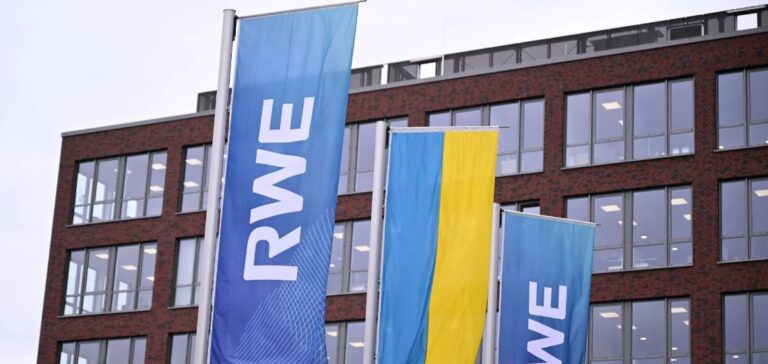On March 17 and 19, the regional court of Hamm (OLG Hamm) in Germany will hold an important hearing concerning a lawsuit filed by Saúl Luciano Lliuya, a Peruvian farmer, against the energy group RWE. The lawsuit, initiated in 2015, concerns RWE’s responsibility for flood risks threatening the city of Huaraz, located in the Peruvian Andes.
Origin of the lawsuit
Saúl Luciano Lliuya argues that the greenhouse gas emissions from RWE, accounting for around 0.5% of global emissions, have contributed to the melting of the glaciers feeding Lake Palcacocha, located 4,500 metres above Huaraz. The accelerated melting of these glaciers creates a risk of the lake overflowing, directly threatening the local population and Mr. Lliuya’s property.
Mr. Lliuya’s claims
The plaintiff demands that RWE cover 0.5% of the costs needed to secure Lake Palcacocha and reduce the flooding risks. This claim, estimated at 17,000 euros, represents the portion of greenhouse gas emissions that Mr. Lliuya attributes to the German company. RWE, however, rejects the claim, arguing that the impact of one actor’s emissions cannot be directly linked to complex climate phenomena.
On-site visits and the evidentiary phase
In 2022, German experts and judges visited Huaraz to observe the effects of glacier melting on Lake Palcacocha. This visit was part of a series of preliminary examinations allowing the court to assess the evidence collected regarding the dangers associated with glacier melting in the region. The findings from these investigations will play a key role in the hearings in March.
International attention on the lawsuit
This lawsuit is seen as a landmark case for climate justice. According to Andrea Tang, a lawyer for the NGO Germanwatch, supporting Mr. Lliuya, “Never before has a climate justice case reached such a stage.” The outcome of this case could potentially influence future legal actions against companies seen as responsible for the impacts of climate change.






















